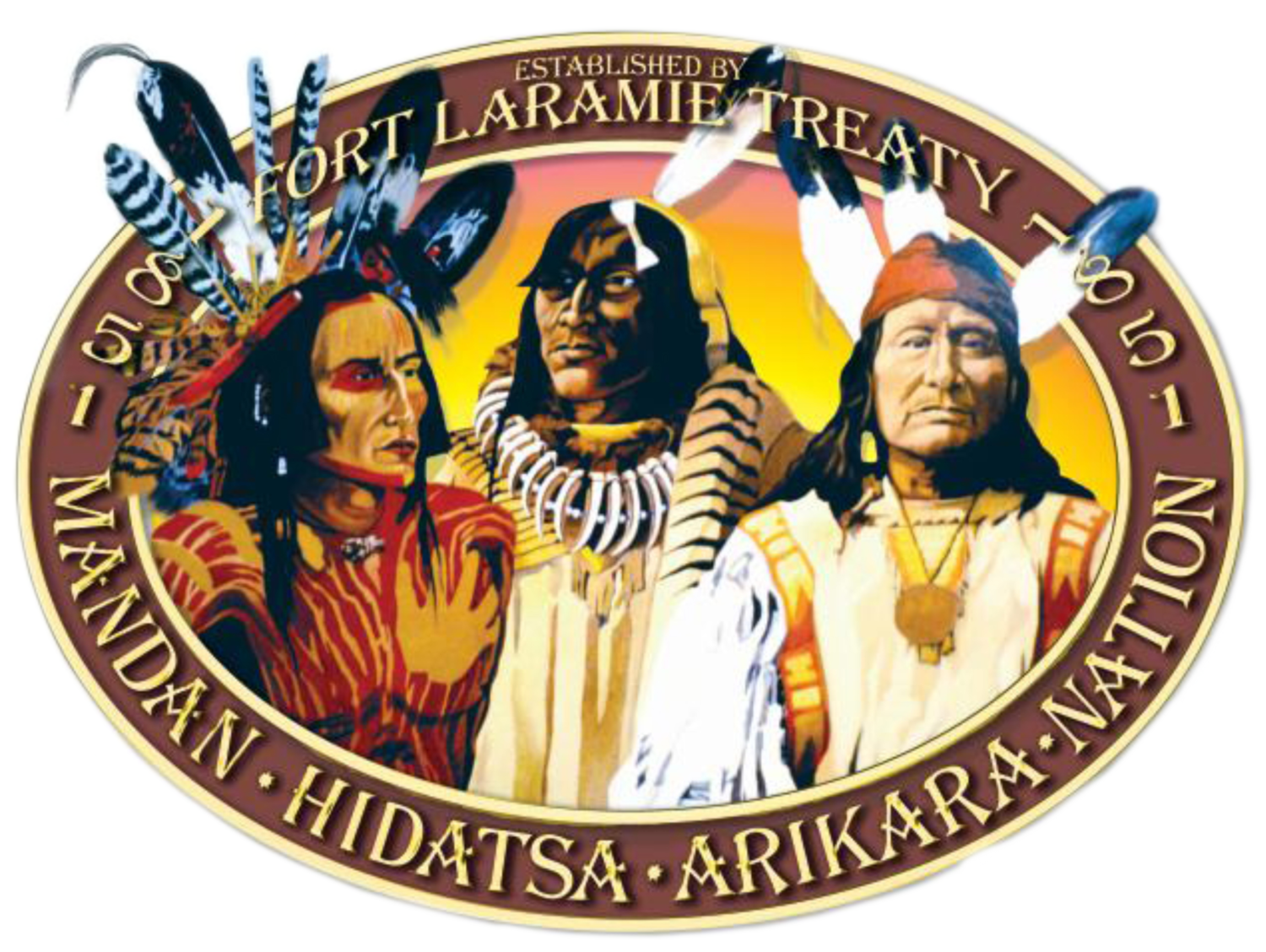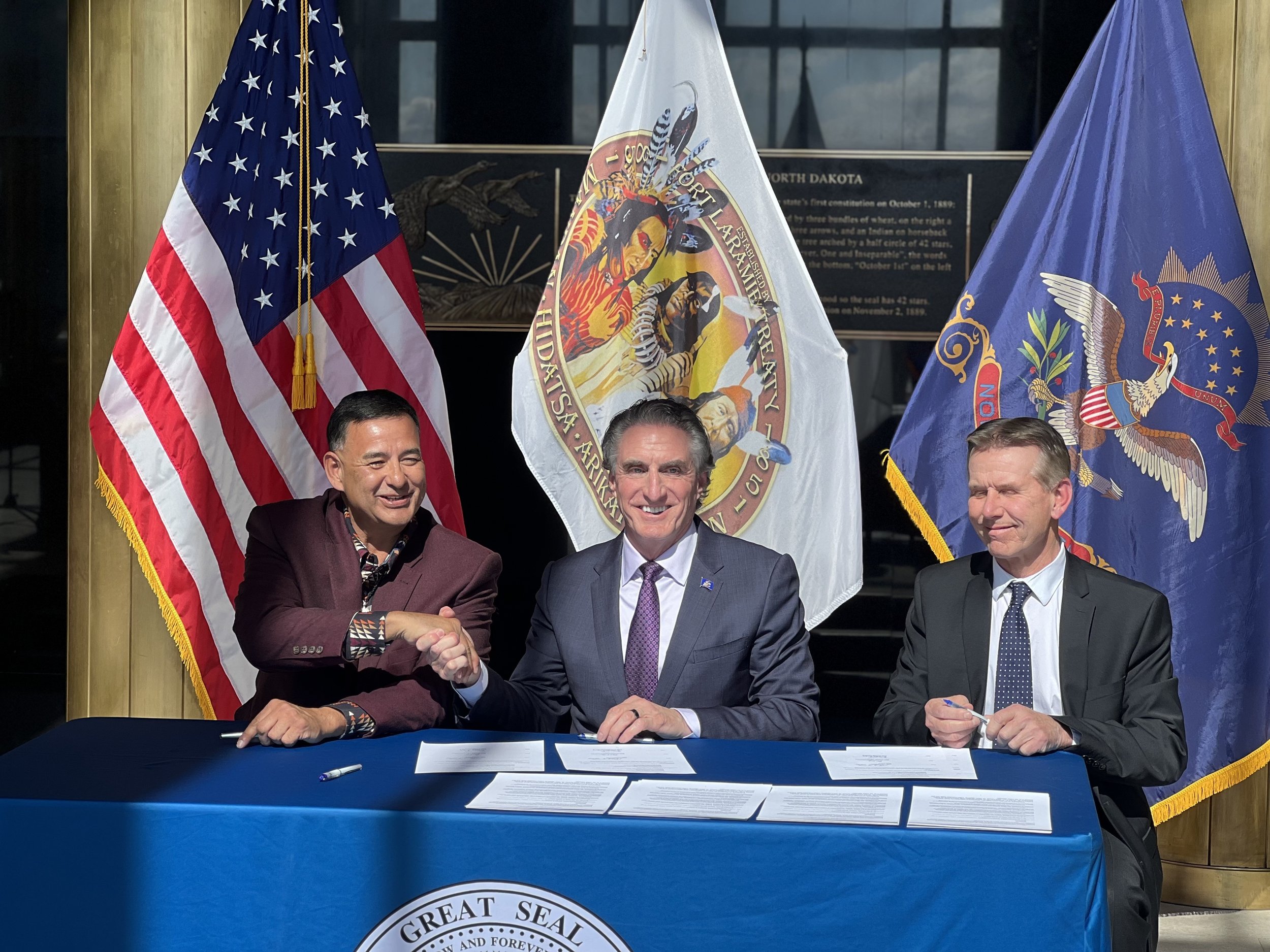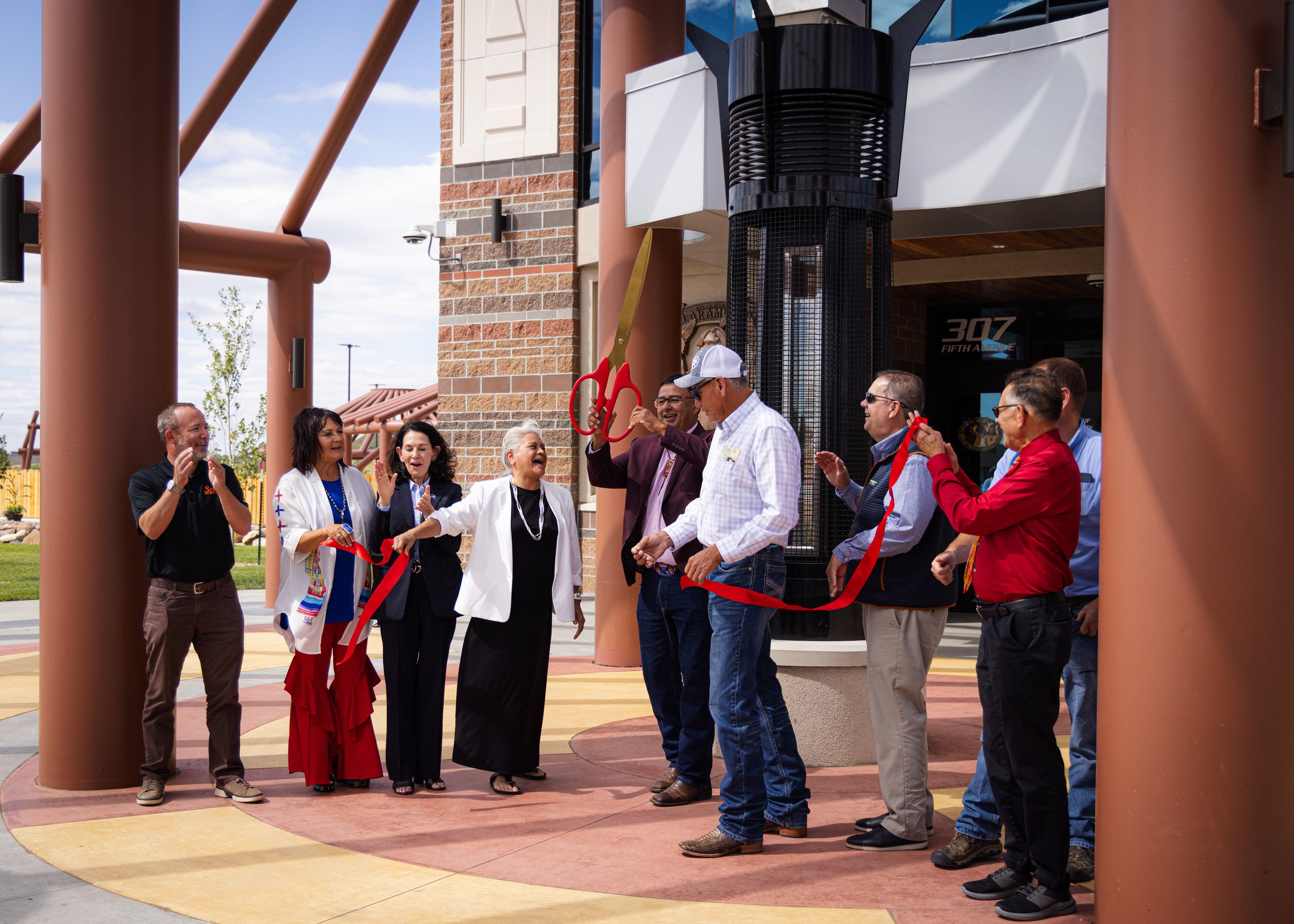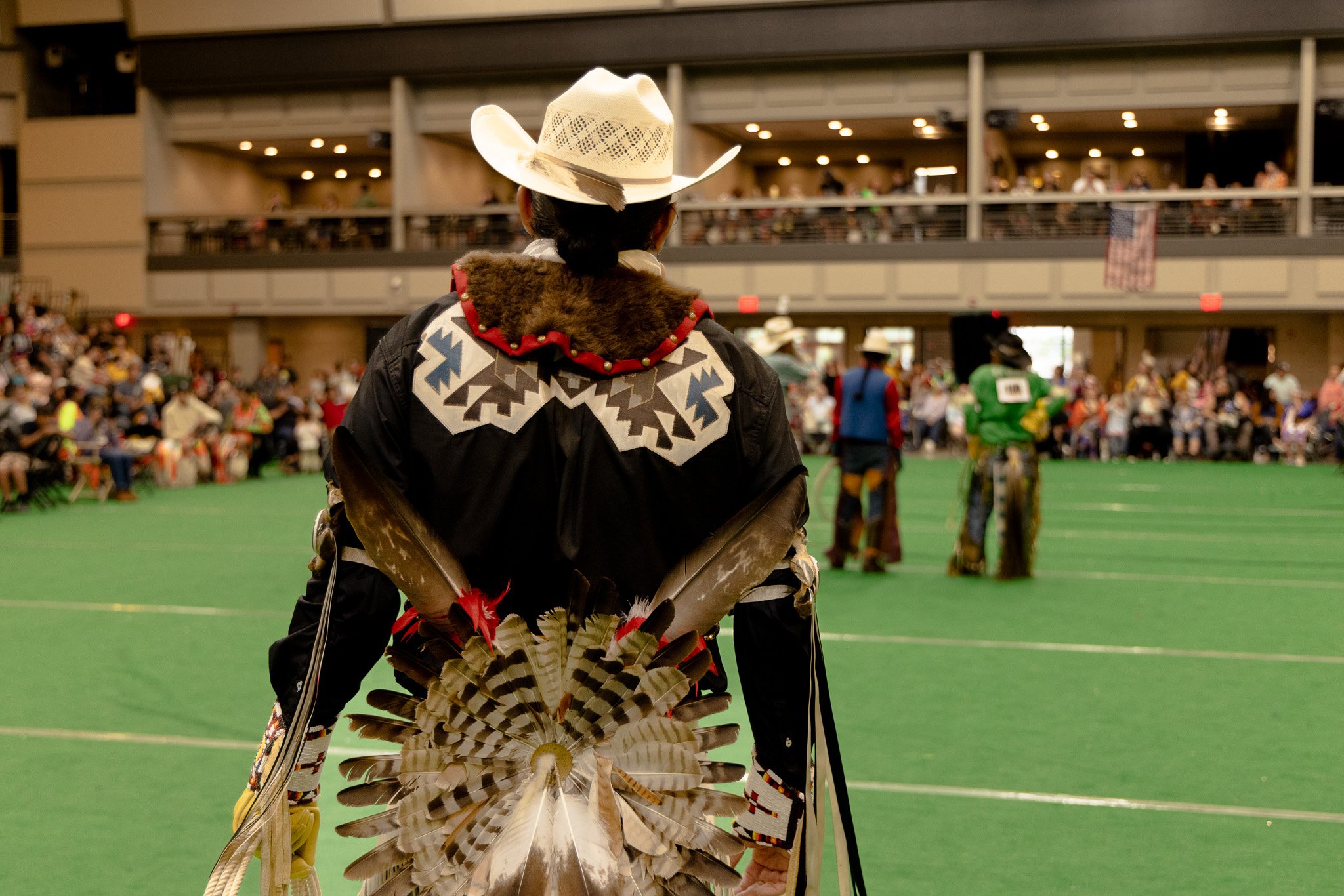Diabetes Community Events Cancelled & Awatii Fitness Center rooms will be closed
Due to the circumstances regarding the coronavirus, all community activities with the Diabetes program will be cancelled:
*Diabetes Alert Day (3/24/2020)
*Diabetes Prevention Program (Parshall Red Hall, Wednesdays)
*"Stepping On" Fall Prevention Program (White Shield, Wednesdays)
FITNESS CENTER WORKOUT ROOMS WILL ALSO BE CLOSED TILL FURTHER NOTICE
TAT Head Start Announcement
Attention Parents: TAT Head Start will not have school on Monday, March 16th. We are making a conscious effort to support the tribes mitigation plan regarding the COVID19 pandemic. Classes will resume on Tuesday, March 17th, 2020 at 9:00 and will release at 2:00 pm.
During this time of cautionary preparedness the TAT Head Start will implement the following hours until further notice:
Monday- Friday 9:00 am - 2:00 pm
This schedule does include Wednesdays.
Also, please be prepared for a modification of check in/check out procedures.
Please use consideration when bringing your child to school. If your child exhibits any signs of illness including: fever, cough, sneezing, etc. please refrain from bringing your child to school. With this, please make sure to follow up with your classroom Teacher daily.
It is our responsibility to follow our emergency preparedness plan to mitigate the exposure to our families and staff. If we observe your child exhibits coughing, sneezing, runny nose or fever symptoms you will be asked to take immediately your child home. IHS has provided a hotline for individuals to call in symptoms before visiting the clinic. They are encouraging all patients use the hotline before arriving as they are also enforcing their own emergency preparedness plan.
As we are updated, we will share all information with our parents.
701-627-7641 Elbowoods Memorial Heath Center Hotline
Monday - Friday 8:00am - 5:00pm
866-207-2880 ND State Hotline
Monday - Friday 7:00am - 7:00 pm
We appreciate your cooperation and support at this time as it allows us to continue offering services to our children and families.
Twin Buttes Times - March 2020
Bighorns for Fort Berthold
Bighorns for Fort Berthold
Cultural, historic significance
Submitted Photo These bighorn sheep were among those recently released in the Twin Buttes area on the Fort Berthold Reservation. The sheep were re-introduced following a 150-year absence.
Bighorn sheep were released last week in the Mandaree and Twin Buttes areas of the Fort Berthold Reservation. The introduction of bighorns to tribal land was done in a cooperative agreement between the Three Affiliated Tribes and the North Dakota Game and Fish Department.
In all, 30 bighorn sheep were released. The sheep were captured on the Rocky Boy Reservation located in north-central Montana and transported by trailers back to North Dakota.
“It went great and all the sheep were in good health,” said Jeb Williams, NDGF Wildlife Division chief. “It couldn’t have gone any better. It was wonderful working with the tribe and anytime we can add to that resource is great.”
NDGF provided staff and trailers to transport the bighorns that were captured by helicopter net gunning. A unique aspect of the project is that it was privately funded by KUIU, a hunting and apparel company that is interested in the preservation of bighorn sheep. The release was the culmination of many months of planning.
“We’ve been talking with Game and Fish the last few years and finally did it,” said Toni Smith, Tribal Fish and Wildlife director. “We’re excited to see how it goes and if the herd will expand and flourish.”
A memorandum of understanding was signed between Game and Fish and the Three Affiliated Tribes regarding the bighorn project.
“We’ll be assisting with management of the sheep,” explained Williams. “If and when we’ll see enough mature rams for a hunting season there will be an alternate license system.”
The first license issued would go to the tribe. The second to Game and Fish, all of course depends on the development of the bighorns.
“We’ll have to see where we end up several years down the road,” remarked Williams. “The Mandaree country is definitely good sheep habitat with good potential. It was a good day for sheep, right? Anytime we can add sheep to North Dakota in good sheep habitat is a good thing.”
Three of the 30 sheep released were yearling rams and two were rams about two years of age. Brett Wiedmann, NDGF big game biologist, explained that young rams tend to stay with ewes, unlike older rams that often range long distances.
“We wanted young rams,” said Wiedmann. “The older rams are rough on the ewes in the trailers and, when released, they can take off and never come back. We tried to get mostly two to four year old females which is kind of ideal.”
The sheep were released at two separate locations. Thirteen ewes and three rams were released at the Mandaree site and 12 ewes and two rams at the Twin Buttes site. Wiedmann says he considers both locations to be ideal terrain for bighorn sheep.
“It is really good bighorn habitat, not a lot of it, but really high quality,” said Wiedmann. “All have GPS collars so I get to see where they are at six a.m. every day.”
It is estimated that 150 years or more have passed since the last bighorn sheep roamed the area where the sheep were released, making the re-introduction a culturally significant event for residents of the Fort Berthold Reservation.
“There are historical accounts from our tribal members of hunting them with bow and arrow,” said Cory Spotted Bear, Twin Buttes councilman. “Crows Heart, a full-blooded Mandan and one of the last of the old timers, said they would go to the Little Missouri breaks specifically to hunt bighorns. To see these sheep released was very uplifting and emotional. It’s meaningful for us and the state.”
It is not generally believed that bighorn sheep ever roamed in big numbers in North Dakota, but there’s ample evidence of their early existence. Paintings by famed frontier artist Carl Bodmer includes at least two works of art depicting early native Americans of the area, Two Ravens and Four Bears, wearing bighorn sheep hide.
“Four Bears was a Mandan chief. Bighorn sheep hide is so soft. It’s the best of the best,” said Spotted Bear. “You can see why somebody of Four Bear’s stature would wear such a garmet.”
According to Spotted Bear, the horns of the bighorn rams were utilized too, primarily for ceremonial purposes.
“It was a highly specialized skill,” explained Spotted Bear. “They would heat them up and unravel them and fashion them into a medicine bow. That was something done amongst our tribe.”
While the return of bighorn sheep to reservation land helps preserve a cultural aspect, Spotted Bear says there’s another historical benefit too.
“The prairie thrived when animals moved through. The land heals and native grasses return. For us it’s been 150 years and bighorn sheep are back on the land again,” remarked Spotted Bear.
In time, the Mandaree and Twin Buttes bighorns may become part of the state’s limited bighorn hunting season, usually limited to five or fewer licenses issued from 15,000 or so applications. It takes about eight years for bighorn rams to grow large enough to be considered huntable trophy animals. That means the first hunting season on the newly released bighorns is at least six years away, if all goes well with the sheep and their is no setback to their survival.
See story posted from Minot Daily News at https://www.minotdailynews.com/news/local-news/2020/02/bighorns-for-fort-berthold/
Twin Buttes Times February 2020
Fort Berthold Diabetes Program Blood Pressure Kiosk
DECEMBER 2019 – GENERAL DISBURSEMENT – RESOLUTION NO. 19-268-FWF
The MHA Nation Tribal Business Council has approved Resolution No. 19-268-FWF which authorizes a one-time payment of $1,000.00 disbursement
to each eligible MHA Nation Tribal member enrolled as of December 2nd, 2019. This disbursement, per the Resolution, will be mailed out no later than
December 9th, 2019, to all members 14 years old and above.
Any delinquent monies owed to the Three Affiliated Tribes Division of Child Support Enforcement shall be deducted from this distribution at the rate of $500.00.
Enrolled members under the age of 14 as of April 1st, 2020, will be required to have their legal guardian fill out the
December 2019 - Resolution No. 19-268-FWF Minor Disbursement Form and return to the People’s Fund Department @ the MHA Complex.
Forms will be available at People’s Fund Dept., Tribal Finance, segment offices, and the MHA Nation website.
Enrolled members under the age of 14 as of April 1st, 2020, that DO NOT have a completed December 2019 - Resolution No. 19-268-FWF Minor Disbursement Form returned to the People’s Fund Department by April 1st, 2020, will have the disbursement held in the pooled fund account until the age of 18.
Enrolled members under the age of 14 as of April 1st, 2020, in the custody of the Three Affiliated Tribes Social Services and under the
Indian Child Welfare Act shall have their disbursement held in Trust until the age of 18.
NOTICE OF PUBLIC COMMENT PERIOD ON PROPOSED AMENDMENTS TO SECTION III OF THE MHA NATION ETHICS IN GOVERNMENT ORDINANCE
White Shield Segment April 2019 Newsletter
MHA Nation Department of Transportation Licensing Administration MHA License Plates Information
April 2019 Tribal Disbursement Duplicate Checks
April 23, 2019
Greetings MHA Members,
There was an error during the processing of the April 2019 Tribal Disbursement checks dated 4/19/2019. Some members were sent two disbursement checks. The two checks are identical with the same check number. The bank that the checks were written from will only allow one of the checks to be cashed. If you have received a duplicate check, please mail one of the checks back to the People’s Fund at the address listed on the check itself. Please feel free to contact the People’s Fund at (701) 627-8779 or toll free (844) 684-0205 with any questions. We apologize for any inconvenience this may have caused.
MHA People’s Fund
Hidatsa Herald West Segment Newsletter April 2019
White Shield Segment February/March 2019 Newsletter
Celebrating Women: Dr. Monica Mayer
By: Jim Olson
Posted: Mar 25, 2019 11:42 AM CDT
Updated: Mar 25, 2019 10:25 PM CDT
New Town, ND - She was an all-state basketball player in the earliest years of the sport in North Dakota.
She's a doctor.
And she's helping shape her people's future.
Tribal council member Dr. Monica Mayer of New Town is in the spotlight tonight as we continue our salute to women making a difference in North Dakota.
Jim Olson has the story.
Dr. Monica Mayer is proud of her Native American heritage, provided to her by her mother.
(Dr. Monica Mayer, Tribal Council Member) "MHA Nation has been a great nation for hundreds and hundreds of years on the great plains."
But she also honors the European heritage of her father.
(Dr. Monica Mayer, Tribal Council Member) "My father was German so, work, work, work!"
In fact, it was a stunt her father pulled when Monica and her two sisters were in school that may have been the turning point in her life. She says the three girls were not exactly bearing down in school when dad took them out to some family land one morning, left them there with water and lunch and orders to pick rocks. When he returned at day's end, he delivered his message - take school seriously or be ready for a hard life.
(Dr. Monica Mayer, Tribal Council Member) "You mean if we get good grades in school we don't have to come out and work this hard? He says yes. He didn't have to bang our heads against a brick wall. We all went to school and became educated."
Did they ever. Monica is a UND doctorate graduate, sister Holly has a masters in public health nursing from UND, and Renee, now deceased, who earned a masters in social work at UND.
Dr. Monica Mayer put her education in action immediately.
(Dr. Monica Mayer, Tribal Council Member) "I finished my residency on a Friday and I started on a Monday right here in New Town, my hometown."
And her work ethic pushed her far beyond her work in the local clinic. She became chief medical officer at the hospital in Belcourt, saving it from closure.
(Dr. Monica Mayer, Tribal Council Member) "That's a real success story over there, I'm very proud of that."
She was promoted to Chief Medical Officer for 19 hospitals and clinic in four states for the Indian Health Service and was offered a position in the Washington office of IHS when family pulled her back to New Town.
(Dr. Monica Mayer, Tribal Council Member) "My mother, she asked me if I would come home and spend what little time she had."
Soon after, she decided on a new avenue for her energies - politics - running to represent the New Town area on the MHA Tribal Council.
(Dr. Monica Mayer, Tribal Council Member) "Much to my surprise I landslided in."
Since then, she's led the fight against addiction among tribal members - especially the men of the tribes.
(Dr. Monica Mayer, Tribal Council Member) "I'm very hard on them. You have to work to take care of your family, your flesh and blood. Because there's nothing more important than your family."
And now, two years into her four-year term, she sees parallels between her work as a doctor and serving on the tribal council.
(Dr. Monica Mayer, Tribal Council Member) "I miss medicine terribly. Every day. But I always feel strongly and am satisfied that I'm serving in a different capacity so, it works out."
It works out, thanks to hard work. A lesson learned in a rocky field near New Town so many years ago.
Jim Olson, KX News.
Dr. Mayer's mother died in recent months.
Monica says she proudly shares her mom's philosophy: love the Lord, love your family, and love to serve others.
Copyright 2019 Nexstar Broadcasting, Inc. All rights reserved. This material may not be published, broadcast, rewritten, or redistributed.
https://www.kxnet.com/news/minot-news/celebrating-women-dr-monica-mayer/1875650589





